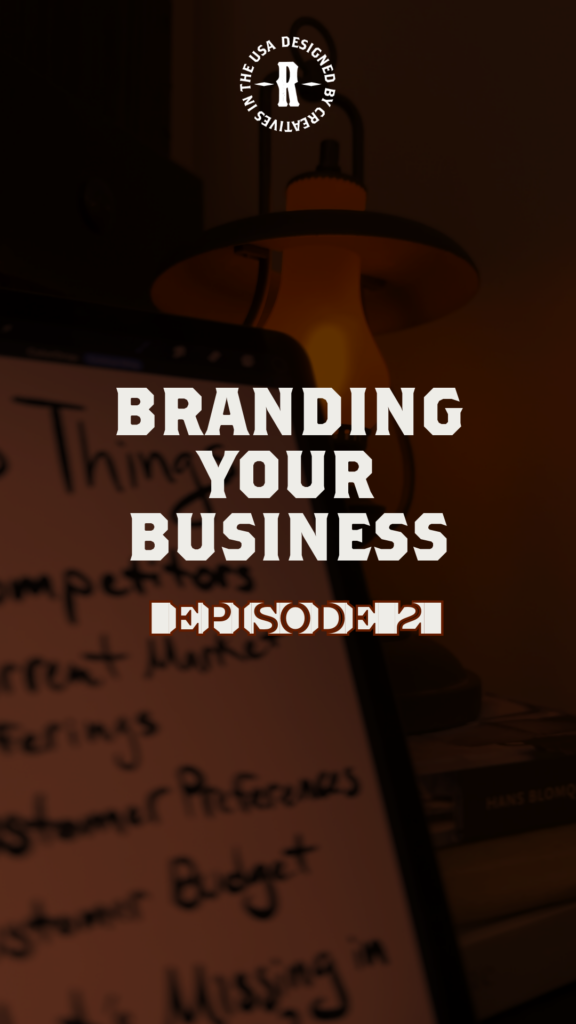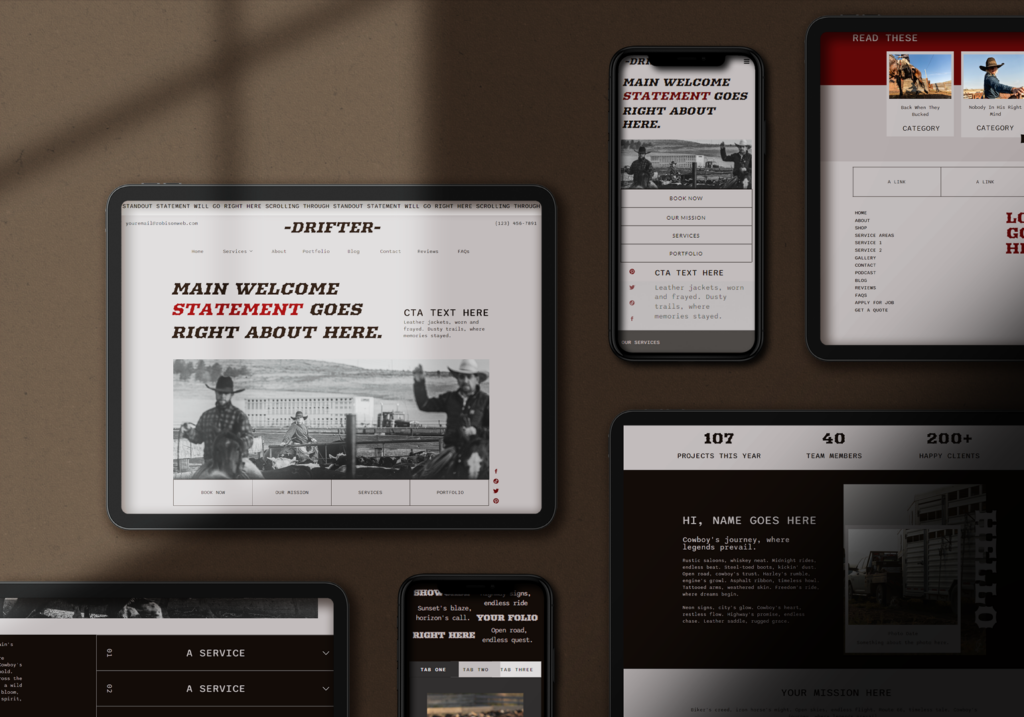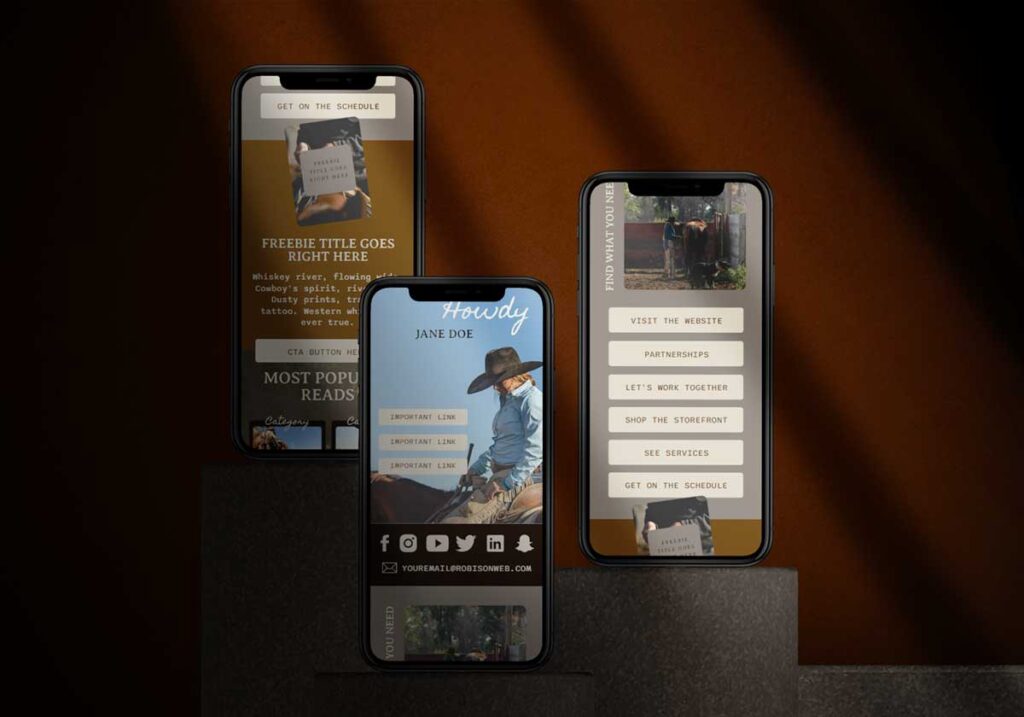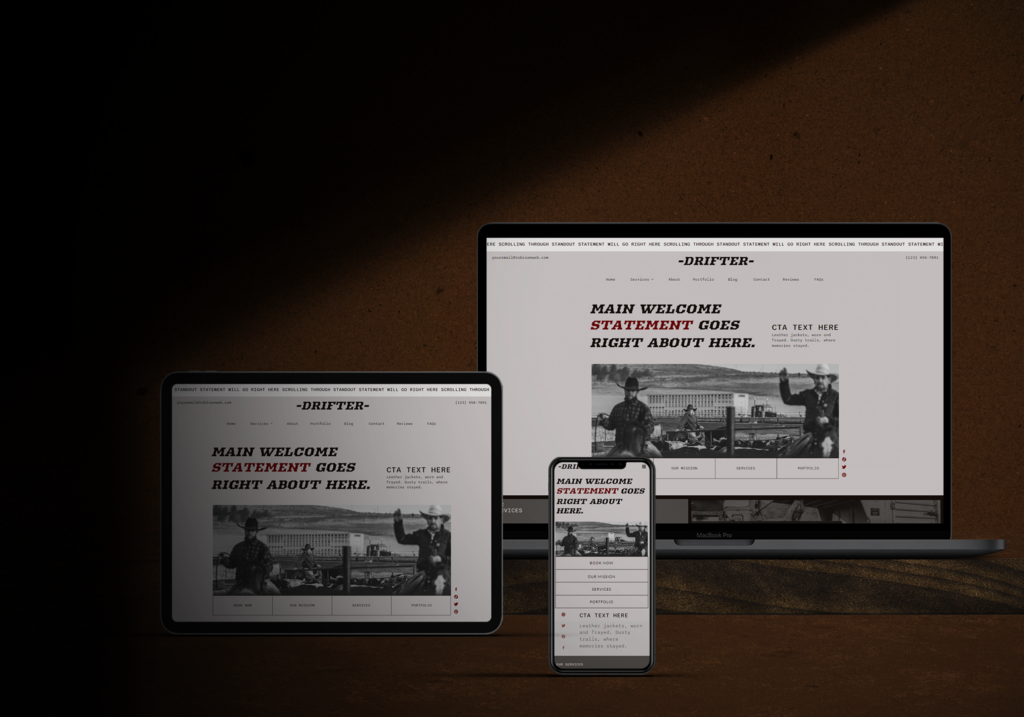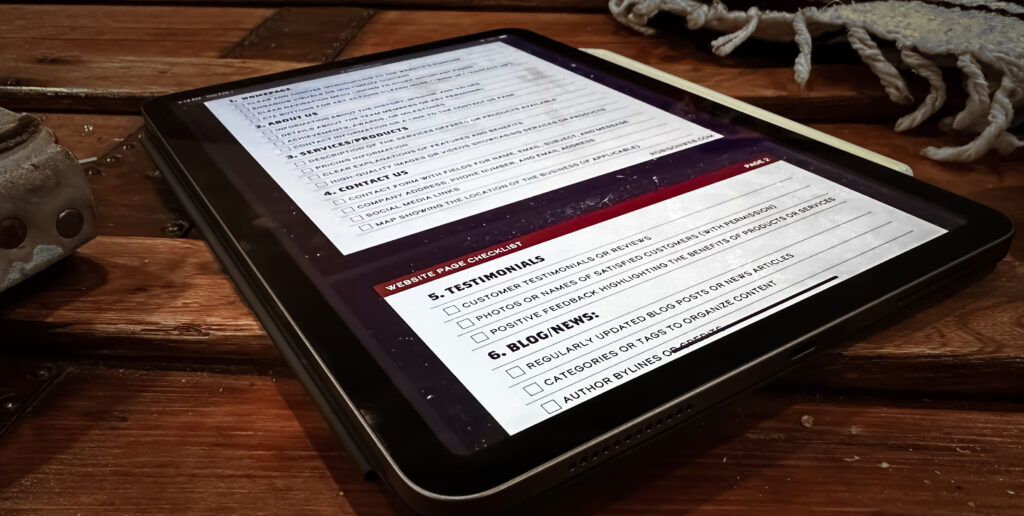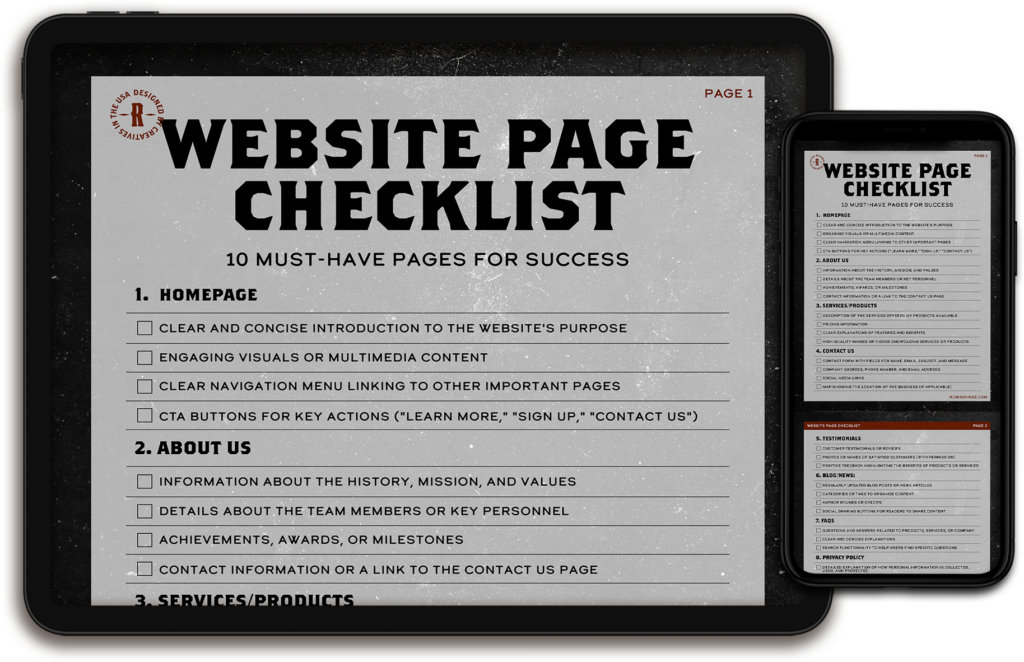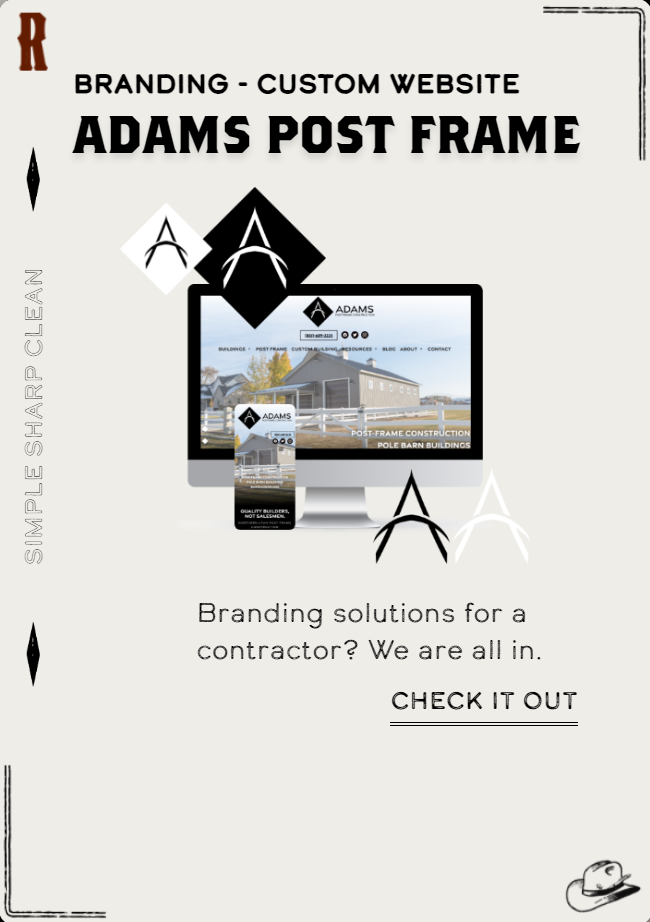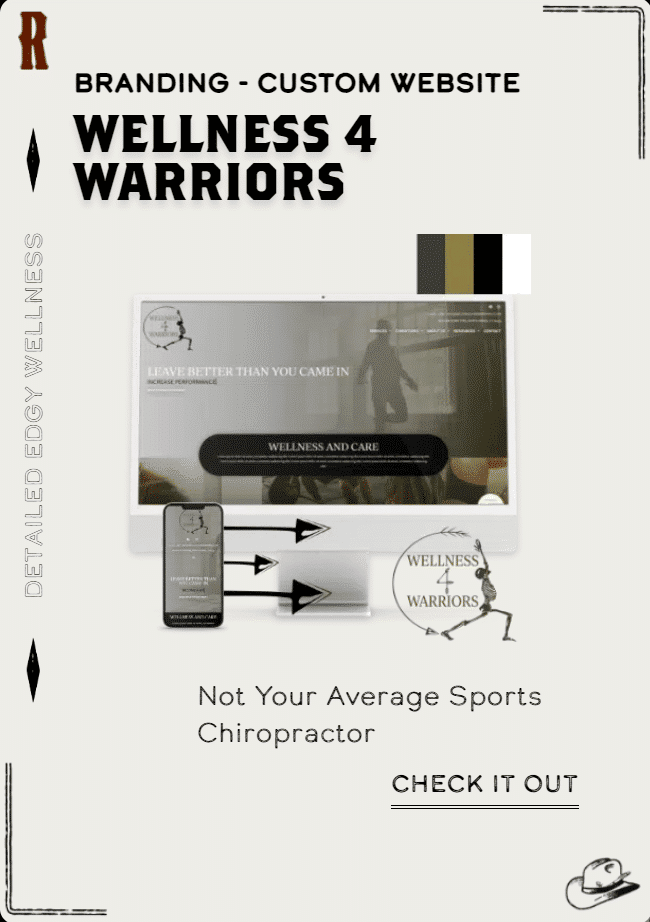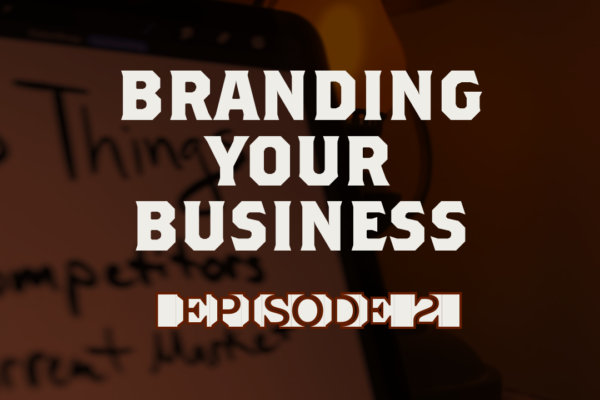So, you’ve got a website, but maybe it’s not quite getting the attention you hoped for. Don’t worry, we’ve all been there. The internet’s a crowded place, and standing out can feel like a challenge. I’m going to spill the beans on how to improve your boring website and keep your visitors glued to their screens.
How to Improve Your Boring Website:
- Understand Your Users: Dive into your audience’s preferences and behaviors to tailor your website’s content and design accordingly.
- Stay Organized: Streamline your website’s navigation and layout to ensure visitors can easily find what they’re looking for.
- Test Frequently: Experiment with different elements, such as layout, color schemes, and calls-to-action, to see what resonates best with your audience.
- Generate High-Quality Content: Craft compelling and relevant content that educates, entertains, or solves your audience’s problems. This makes mutli-platform content a piece of cake! Start by creating high-quality content on your website via pages/blog posts. Then, take nuggets of content from there and spread it across your socials like Instagram, Facebook, etc.
- Integrate Social Proof: Showcase testimonials, reviews, or case studies to build trust and credibility with your visitors.
- Use Graphics and Images Well: Incorporate visually appealing graphics and images to enhance your website’s aesthetic and engage your audience.
- Use White Space Effectively: Avoid clutter by strategically using white space to create a clean and uncluttered layout that guides visitors’ focus.
What Makes a Website Outdated?
- Static Content: Websites with outdated content that lacks freshness and relevance can quickly lose visitor interest. If you images, copy, and design are stale, you are pushing visitors away the moment they land on your website.
- Clunky Navigation: Complex and confusing navigation menus can frustrate users and make the website feel outdated.
- Dated Design Elements: Using outdated design trends or visual elements can give the impression that the website hasn’t been updated in years.
- Lack of Mobile Optimization: Websites that aren’t optimized for mobile devices can feel outdated in today’s mobile-first world.
How to Improve Your Outdated Website:
- Update Content Regularly: Keep your website’s content fresh and relevant by regularly adding new blog posts, articles, or product updates.
- Revamp Navigation: Simplify and streamline your website’s navigation to make it easier for visitors to find what they need.
- Modernize Design Elements: Update outdated design elements, such as color schemes, fonts, and layout, to give your website a fresh and contemporary look.
- Optimize for Mobile: Ensure your website is fully optimized for mobile devices to provide a seamless browsing experience for smartphone and tablet users. Check your website on other devices using LAMBDATEST. It is my favorite tool to check for device responsiveness.

4 Website Improvements You Can Do Right Now
Go from a Boring Website to Mesmerizing in a few clicks
1. Spruce Up Your User Experience (UX)
First things first, let’s talk about how your website feels to use. You want it to be as smooth as butter. That’s where UX design comes in. Think of it like arranging your living room for a cozy get-together—everything should be easy to find and pleasant to look at.
- Eye-Catching Visuals: A picture’s worth a thousand words, they say. So why not make yours count? Sprinkle in some high-quality images and snazzy graphics to add a pop of personality to your site.
- Clear Navigation: Picture this: you walk into a maze with no map. Not fun, right? Make sure your website’s navigation is crystal clear, with logical menus and easy-to-find links.
- Mobile-Friendliness: These days, everyone’s glued to their phones. Make sure your website looks just as snazzy on a tiny screen as it does on a big one. Trust me, your visitors will thank you for it.
This is why we created the Showit Website Templates – to improve the overall ser experience and the website building experience for you.
2. Serve Up Some Good Content
Now, let’s talk about the stuff that really gets people talking—your content! Whether you’re writing a blog post or showcasing your latest product, your content should be like a good story: engaging, relatable, and impossible to put down.
- Storytelling Magic: Everyone loves a good story, right? So why not weave some storytelling magic into your content? Share anecdotes, success stories, or even the occasional blooper to keep your visitors entertained and coming back for more.
- Get Interactive: Want to really grab your visitors’ attention? Get them involved! Polls, quizzes, and surveys are a great way to get people interacting with your site and feeling like part of the conversation.
- Keep it Fresh: Just like milk, content goes sour if you leave it sitting too long. Keep things fresh by updating your site regularly with new blog posts, product launches, or whatever else you’ve got up your sleeve.
3. Use of Color: Dynamic and Accents
- Dynamic Colors: Incorporate vibrant and eye-catching colors to grab visitors’ attention and create a visually stimulating experience.
- Accent Colors: Use accent colors strategically to highlight important elements, such as buttons, links, or calls-to-action, and guide visitors’ focus.
Always remember to stay on brand with your website colors and do not veer from them. Every brand can apply accent and eye-catching colors from their current brand color palette. There is no need to bring new colors into your website that are not on brand. Instead, play around with color layering with elements on your website.
4. Give Your Visitors the VIP Treatment
Last but not least, let’s talk about making your visitors feel like the VIPs they are. Personalization is the name of the game here, folks. Think of it like throwing a party—everyone loves it when you remember their favorite drink, right?
- Tailored Recommendations: Ever noticed how Amazon seems to know exactly what you want to buy? Take a page from their book and serve up personalized recommendations based on your visitors’ browsing history and preferences.
- Dynamic Content: Spice things up by tailoring your content to your visitors’ interests, location, or even the time of day. A friendly greeting or a helpful tip can go a long way toward making your visitors feel right at home.
- Listen Up: Want to know what your visitors really think? Just ask! Add feedback forms, surveys, or even a good old-fashioned comment section to your site, and listen to what your visitors have to say. Trust me, they’ll appreciate it.
Your Website Should Be as Exciting as You Are
So there you have it—4 simple ways to turn your website from snoozeville to sensation. Just remember, the key is to keep things fun, friendly, and above all, authentic. After all, your website should be a reflection of you!
Don’t Have The Time To Make These Updates?
It’s understandable that not everyone has the time or patience for website updates and enhancements. Robison Web offers professional website design services, website redesigning, and website audits.
Whether you’re starting from scratch or looking to breathe new life into your existing boring website, you’re covered. Let Robison Web take the reins so you can focus on what you do best—running your business. Get in touch today to learn more about how your website can be improved to bring in more customers and reach the right people.
– Maggie Robison
